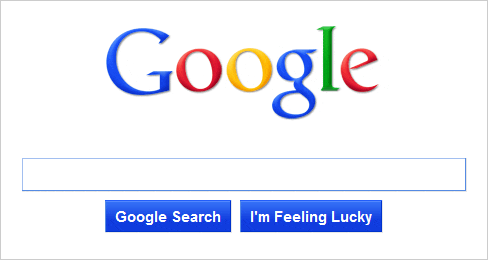Late last week, word started leaking out about the results of a Google settlement with the Federal Trade Commission over its ongoing antitrust case. And if you were worried about Google having to radically alter their search engine, you can breathe a bit of relief: it’s not happening.
After all of worst-case scenario handwringing over what a serious settlement with federal regulators could have done to shake up the search market, it looks as though it is business as normal. No fine, some minor changes, and, maybe most importantly, no changes to the way it searches its snapshot of the web.
That is, of course, excluding their own, near-constant tweaks.
Two months ago, I laid out here what a settlement could do to those sourcers who rely heavily on the search engine. Worst case scenario for Google?
There’s a slight chance that courts could demand Google change up the way they rank sites entirely. While it may not change the way boolean operators work, it could significantly change the results of those searches. Maybe a Google profile gets further buried because of the ruling or that a court-ordered parity in the algorithm could actually make search results less valuable. Far be it for me to suggest that this is a huge possibility for an antitrust case but it is still a possibility.
That won’t be happening. Of course, there’s a downside to that as well.
While Google is busy fighting a court battle and second guessing rankings, alternatives can position themselves aggressively. Bing could certainly be a big winner on this front but Blekko and DuckDuckGo could also benefit. While Bing might be a steady second banana to Google, smaller alternatives could use the mainstream support. Mainstream support brings more traffic and dollars to the site which would aid in their continued development.
For those who were hoping for some radical shake up of search engines, it isn’t going to happen due to this settlement. How the FTC positioned this ruling should give opponents of the search engine’s dominance a better focus for future cases (and I’m certain there will be future cases). While opponents focused on Google’s paying customers (namely the businesses that choose to advertise with them), the FTC (and Google) focused on search engine users and their experience. We’ll see if Google’s opponents shift to a user-driven antitrust argument in the next round.
In the meantime, there will be no great shake up of the search landscape today. New entrants will continue to come into the space and more established players will likely continue to fight for market and mindshare of both users and advertisers.
